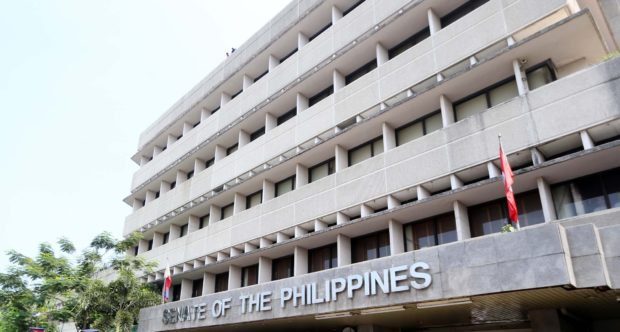Senate OKs bill instituting services for learners with disabilities
MANILA, Philippines — The Senate on Monday approved on third and final reading a bill establishing services for learners with disabilities to pursue inclusive education.
Voting 23-0-0, the chamber passed Senate Bill No. 907 or the proposed Instituting Services for Learners with Disabilities in Support of Inclusive Education Act.
The measure seeks to establish and maintain at least one Inclusive Learning Resource Center (ILRC) in all cities and municipalities.
The services that ILRCs will offer under the bill include linguistic solutions for deaf learners’ concerns, speech-language pathology and audiology services, physical and occupational therapy, counseling and rehabilitation, and medical and transportation services, among others.
Further, ILRCs are tasked to implement the Child Find System (CFS) to ensure that all learners with disabilities who are not receiving basic education services are identified, located, and evaluated to facilitate their inclusion in the general education system.
Multidisciplinary teams composed of professionals and experts such as special needs teachers, educational psychologists, guidance counselors, psychometricians, developmental pediatricians, physical therapists, and speech and language therapists, among others, will staff these ILRC, according to the bill.
Senator Sherwin Gatchalian, the sponsor of the bill and chairman of the Senate basic education committee, said the bill’s passage is a “major step forward in ensuring that learners with disabilities are not left behind in the basic education sector’s better normal.”
The Philippine Health Insurance Corp. (PhilHealth) estimates that more than five million Filipino children live with disabilities. However, only an estimated 439,700 learners with disabilities were enrolled in public schools for S.Y. 2019-2020.
“With the approval of the Inclusive Education for Learners Disabilities Act, we have taken a significant step forward in righting this fundamental wrong,” Gatchalian said.
“This [proposed] law will serve as a catalyst for the creation [of] a truly inclusive system that is equipped to identify and serve the needs of each and every Filipino learner no matter his or her circumstances,” he added.
